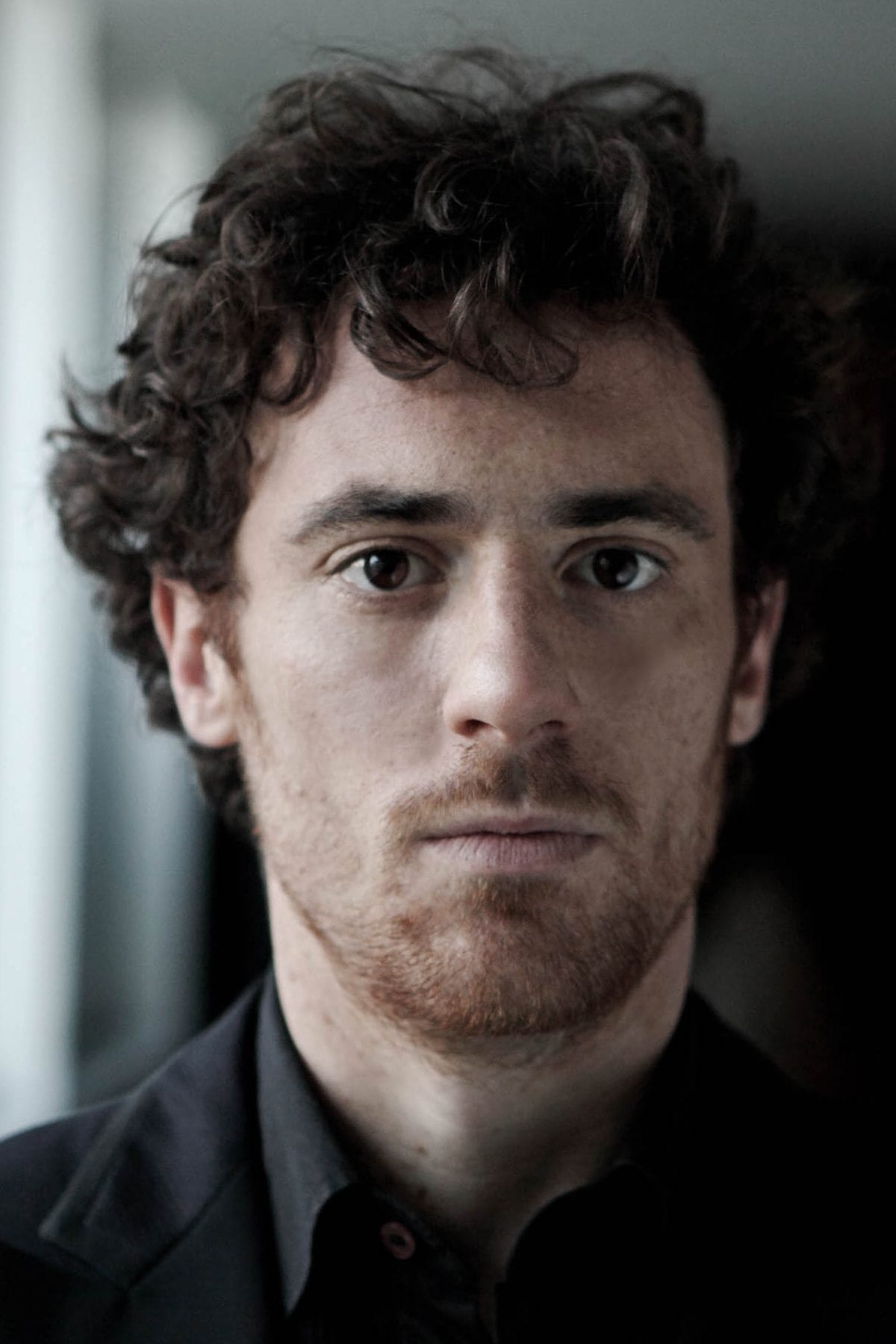
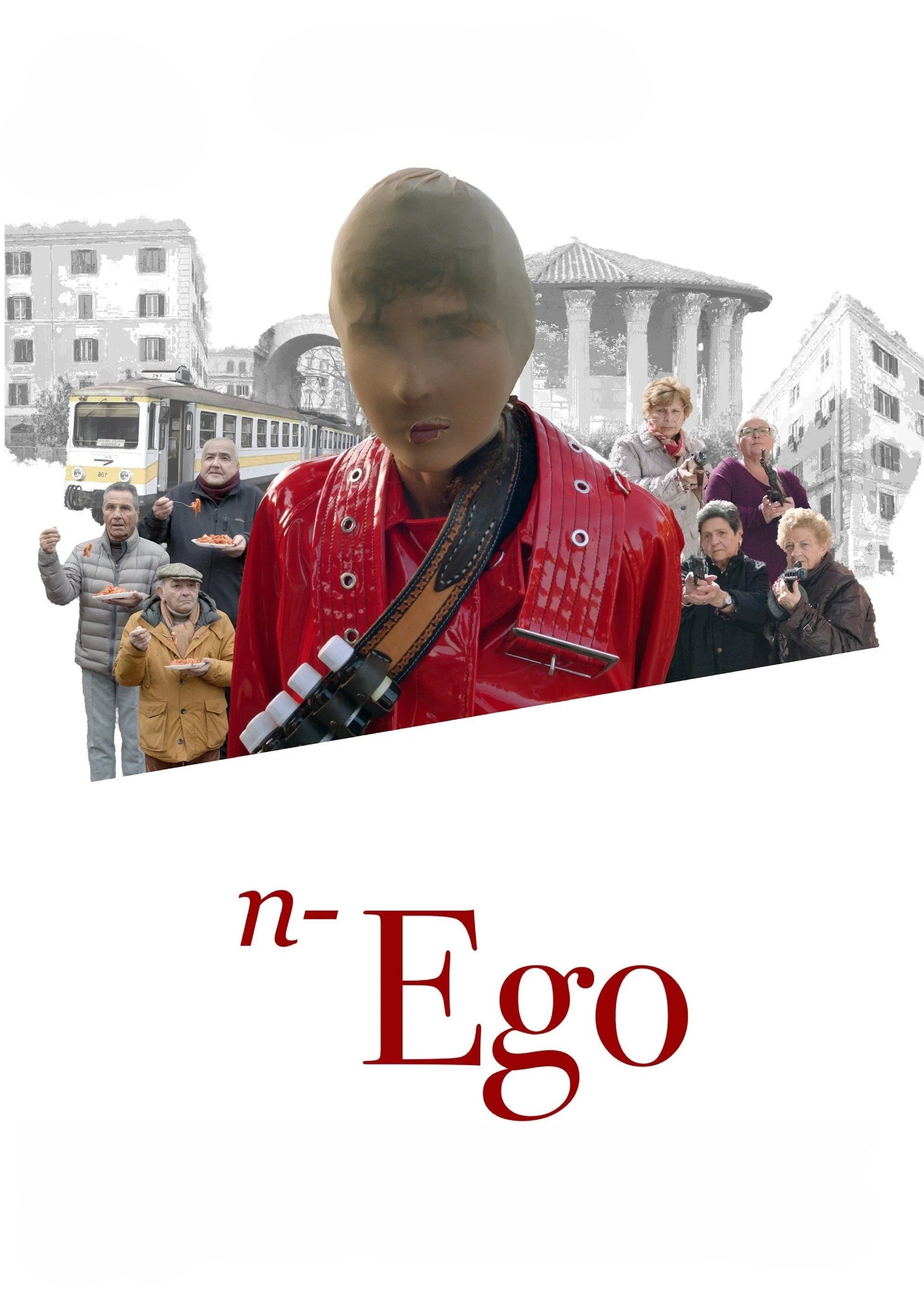

Secretary of the most influential Communist Party in the Western world, Enrico Berlinguer challenged the international balance by seeking to bring the Communists to government in Italy and achieve socialism in a democratic country. From 1973, when he escaped an attack by the Bulgarian secret services, to the assassination of his main ally Aldo Moro in 1978, not forgetting his trips to Moscow and the covers of Time: the story of a man who wanted to change the world, but failed.

Loosely based on real events that took place during Matteo Messina Denaro's thirty years on the run. A disgraced politician is gifted a second chance when secret services involve him in an operation to root out an elusive Mafia boss. Using his personal connection as the Boss' godfather, his task is to get him to reveal his hiding place in their secret letters.
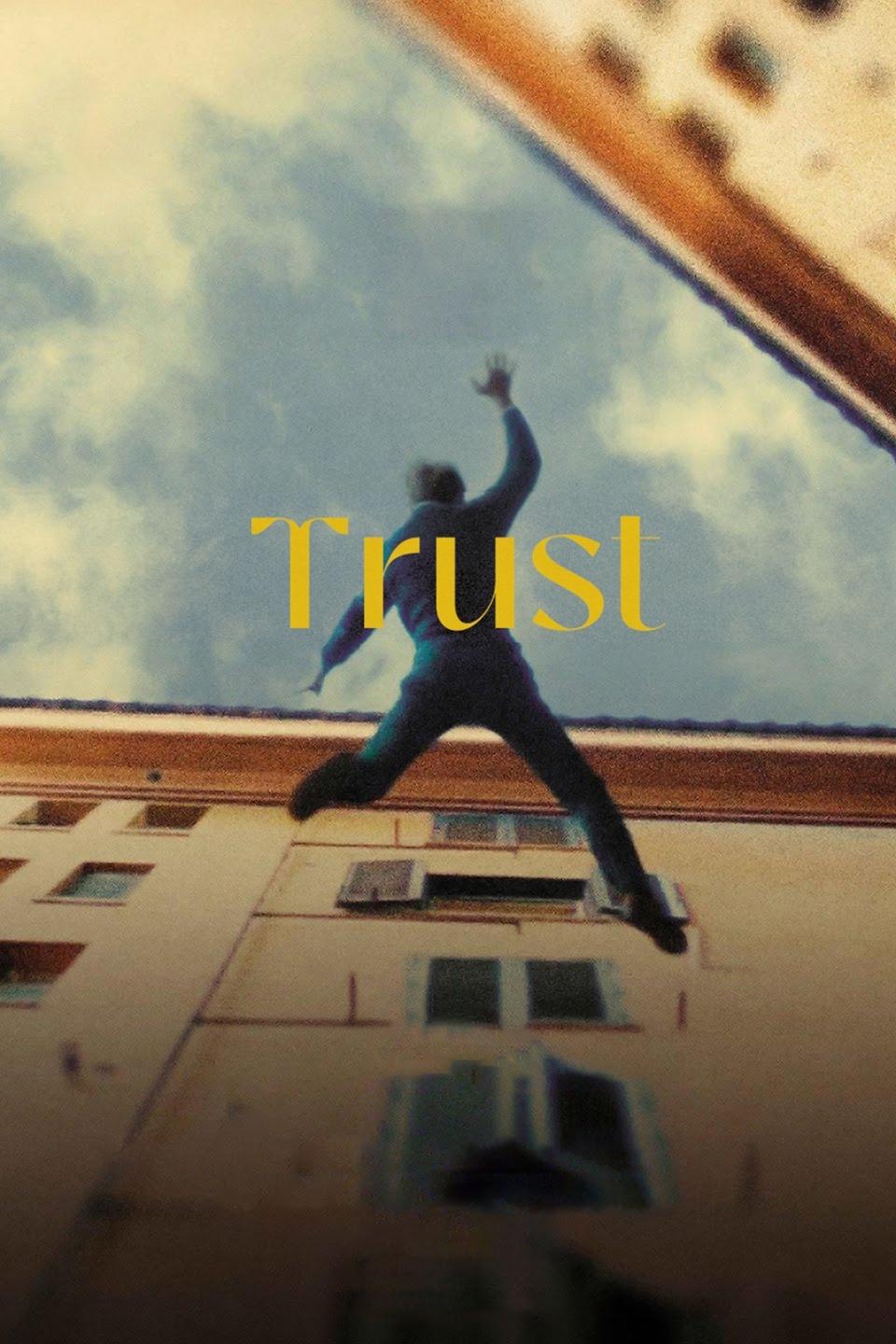
Pietro is a revered teacher, Teresa his brilliant and precocious student. Their affair is both illicit and tempestuous. After one fight, Teresa suggests that each tell the other a secret, one so shameful or shocking that were it to be made public, it would destroy that person’s life. Time passes, Pietro’s stature as a writer grows and his family settles into the comfort of a bourgeois life. But he is haunted by the possibility that Teresa may one day reappear and tear apart his world with the secret she knows.
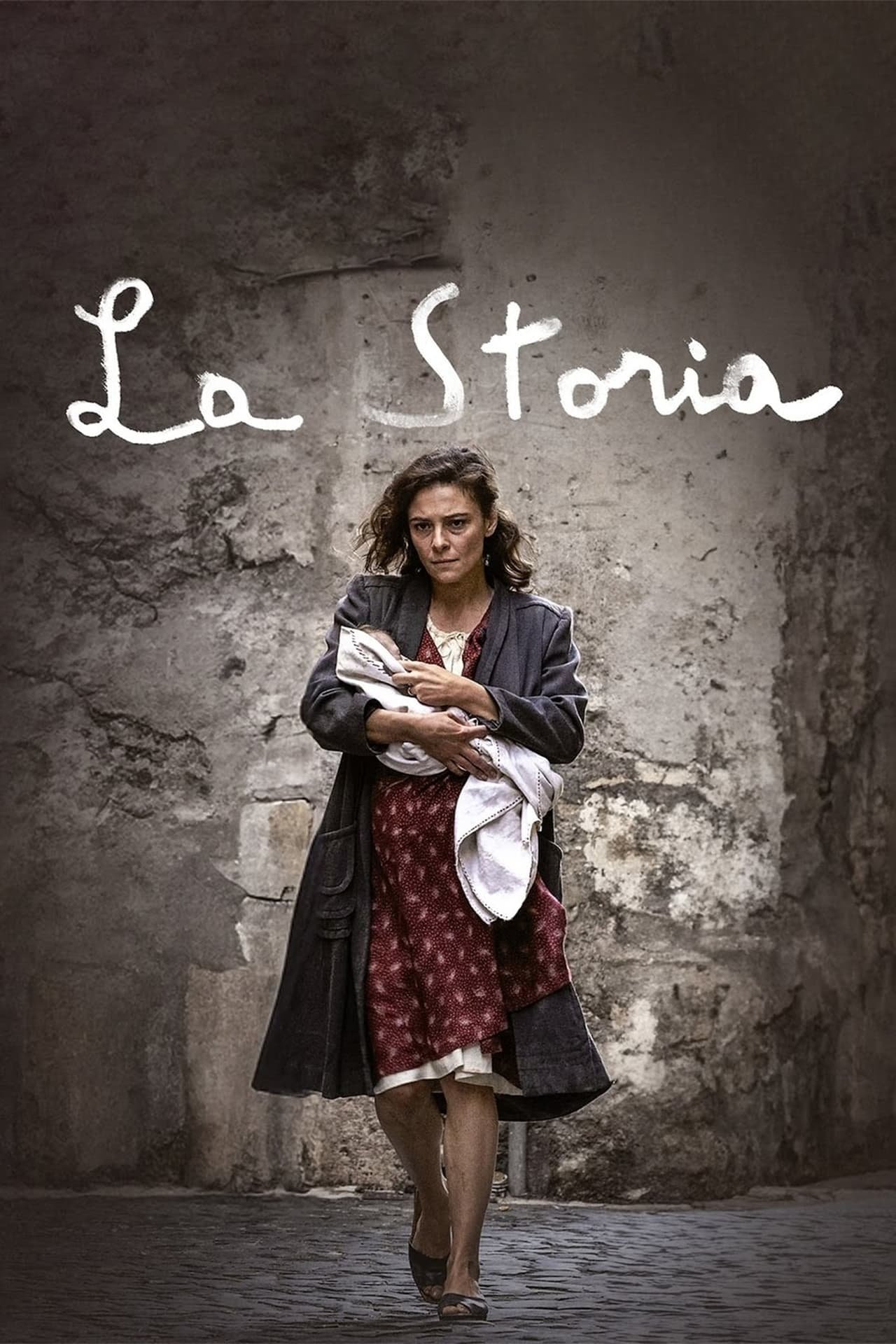
Ida, a single mother of two sons, hides her Jewish heritage and fights against poverty and persecution during the end of World War II and post-war Rome.
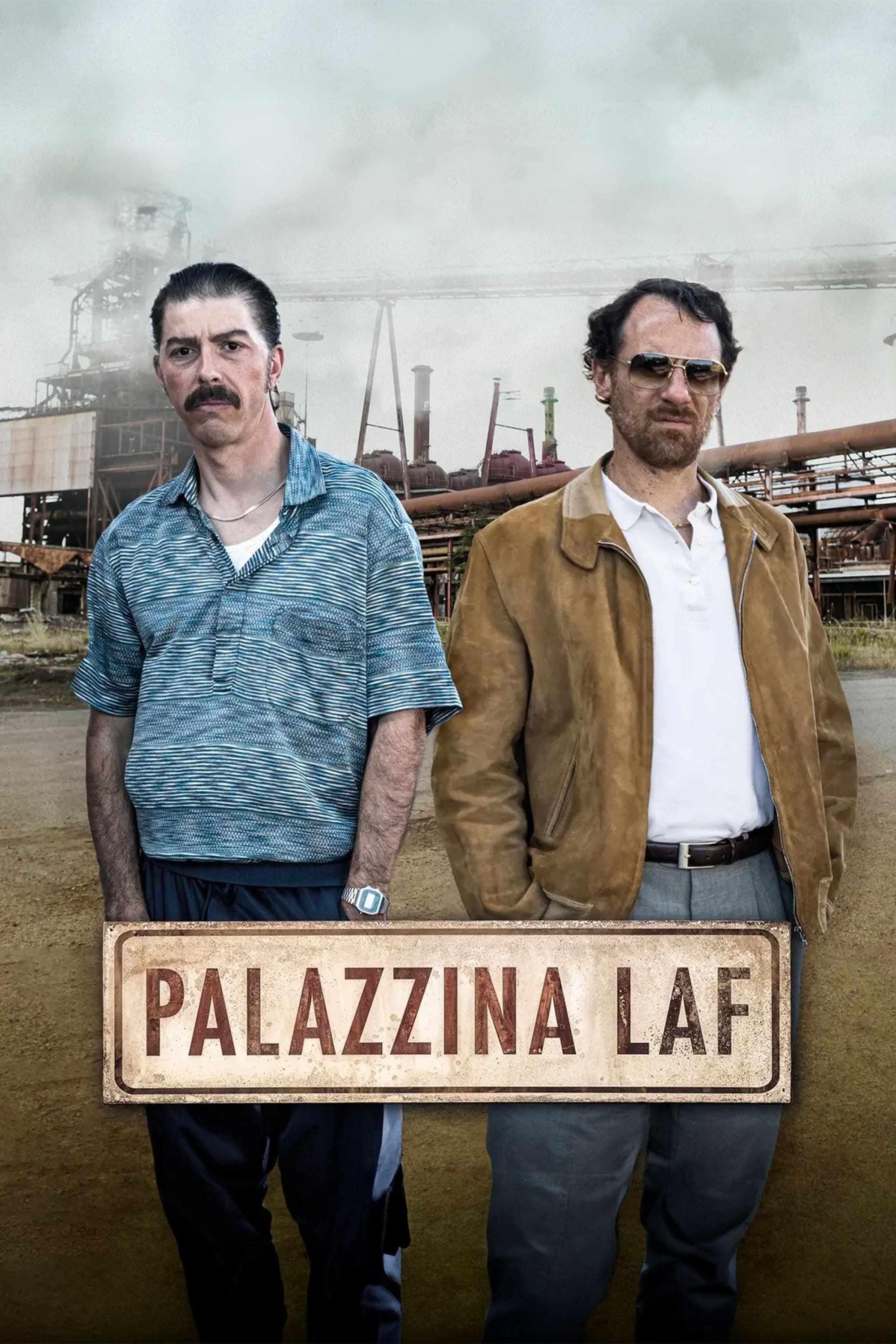
Caterino is a worker at the Ilva factory in Taranto. When the company executives decide to use him as a spy to identify the workers they should get rid of, Caterino starts to track his colleagues, in search of reasons to report them. He then asks to be assigned himself to the Palazzino LAF where as punishment, some employees sit out their time with no job assignment. There he discovers that what looks like paradise is actually a strategy to psychologically break troublesome workers.
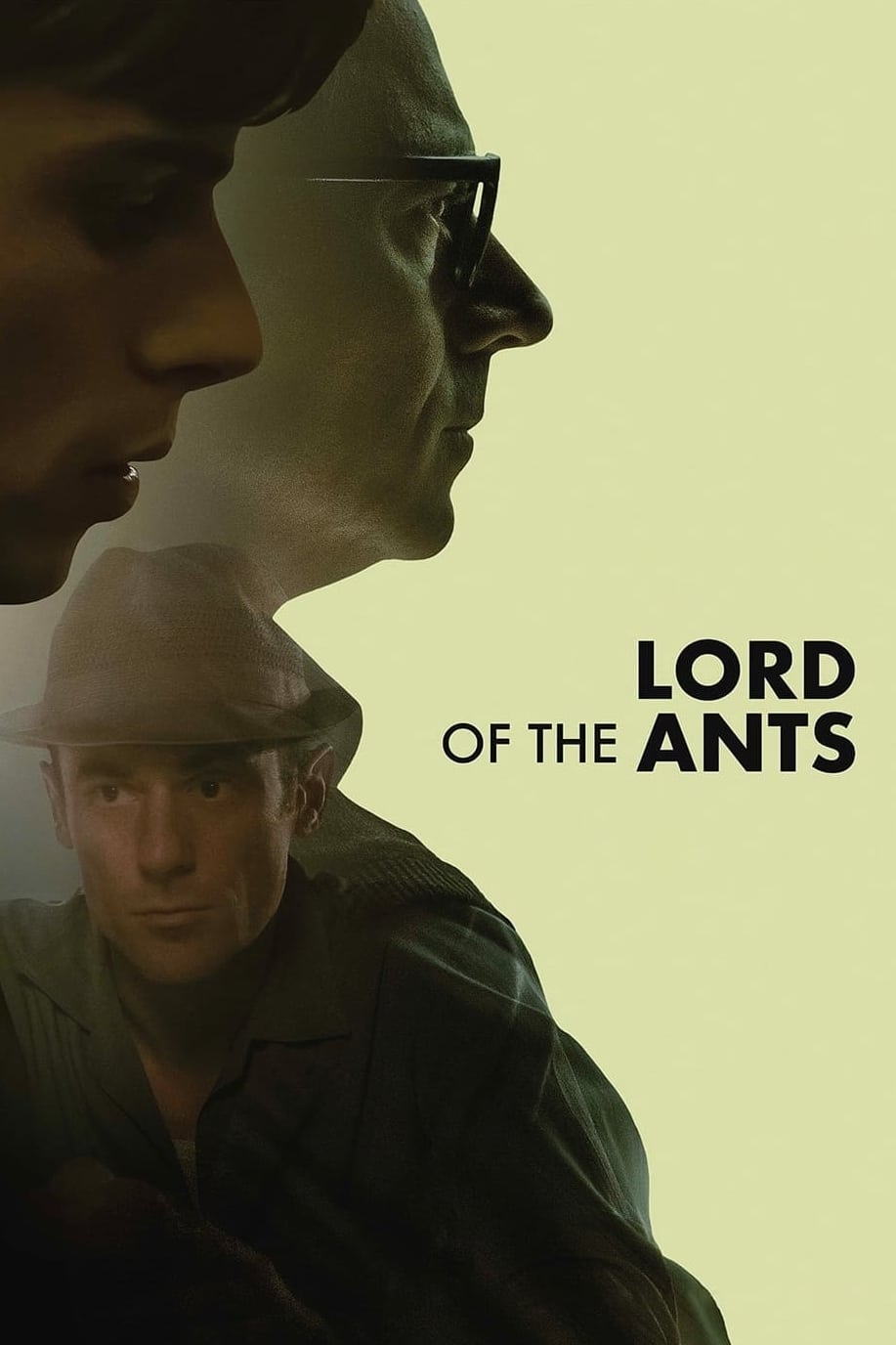
Based on true events of the late 60s in Italy, poet, playwright and myrmecologist Aldo Braibanti is prosecuted and sentenced to prison for the love he shares with his barely-of-age pupil and friend, Ettore. Amidst a chorus of voices of accusers, supporters and a largely hypocritical public, a single committed journalist takes on the task of piecing together the truth, between secrecy and desire, facing suspicion and censorship in the process.
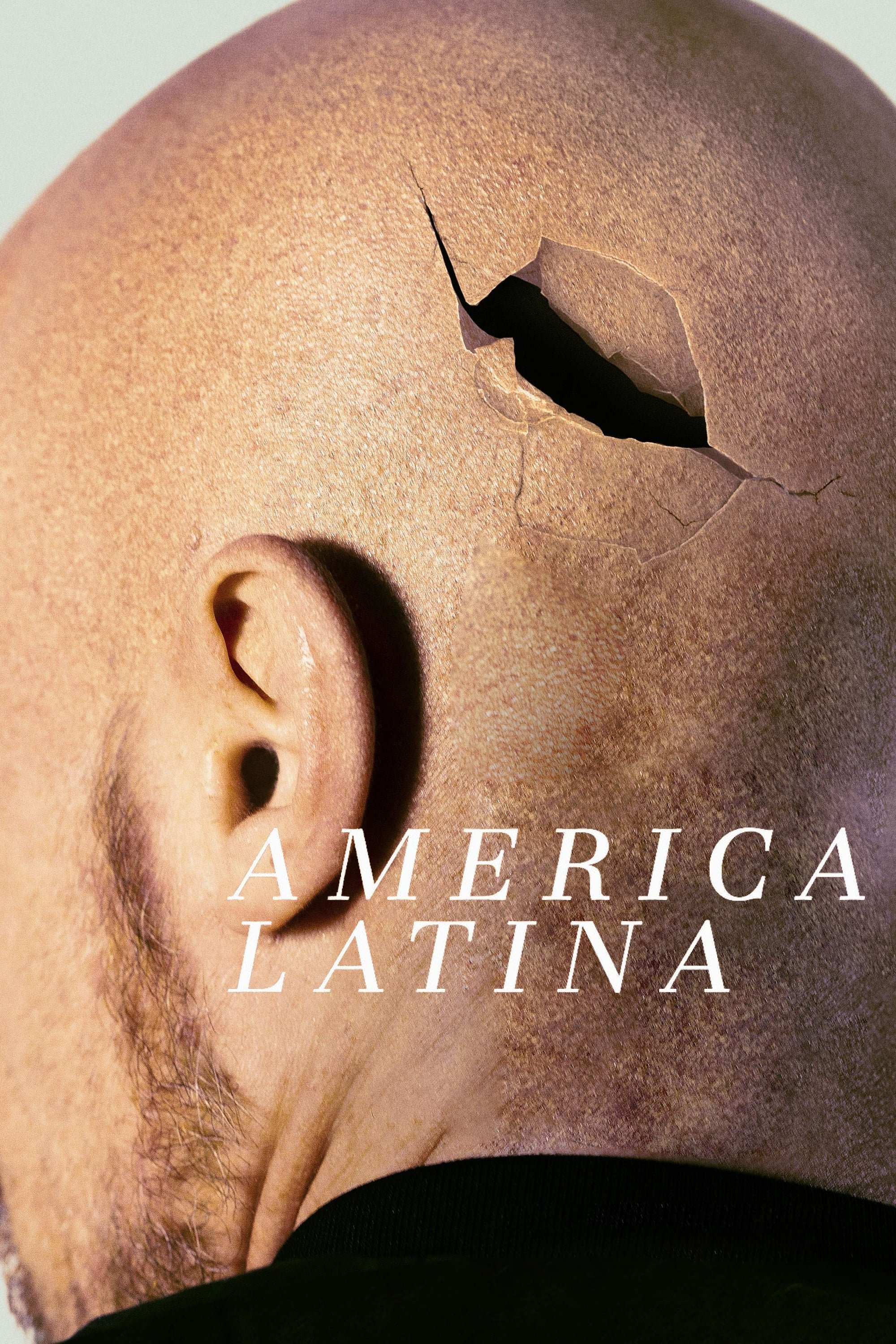
Massimo Sisti is a reputable professional with a nice house, a happy marriage, and two loving daughters, whose life is turned upside down when one day he finds a little girl tied up in his basement.

A short movie about coming back to the cinema after lockdowns.
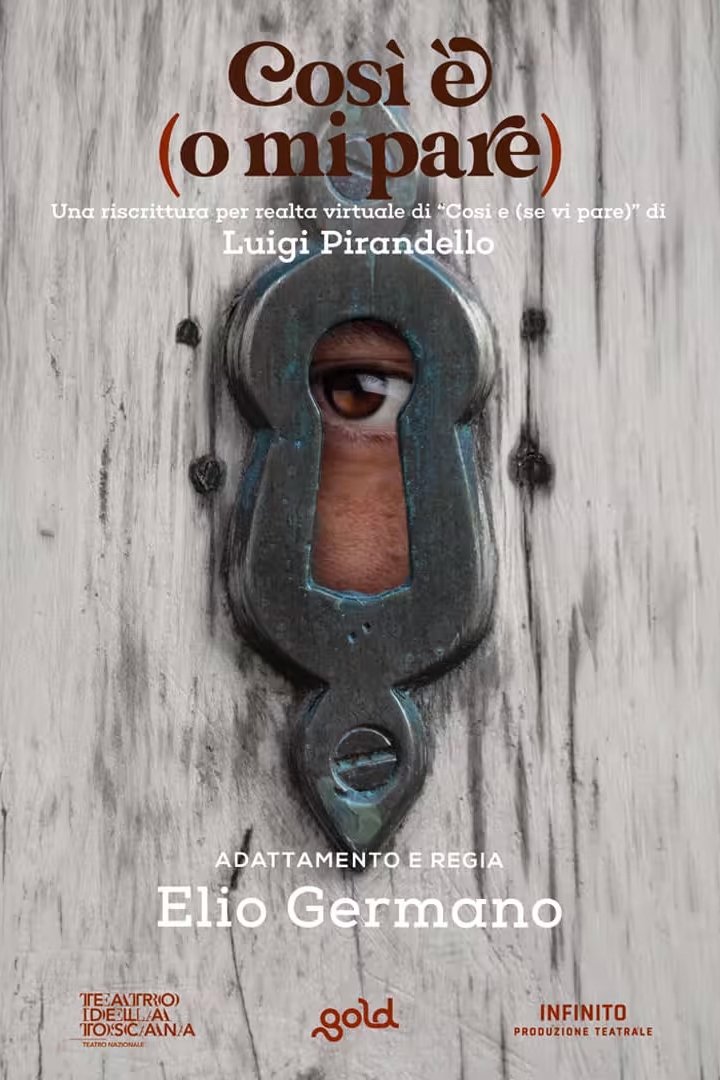
Elio Germano (born September 25, 1980) is an Italian actor. He made his film debut in 1993 as a child actor, before gaining prominence with a string of roles in youth-oriented movies in the early 2000s. He achieved stardom following his lead role in Daniele Luchetti's My Brother Is an Only Child (2007), for which he won his first David di Donatello for Best Actor. He won the award for Best Actor at the 2010 Cannes Film Festival for Luchetti's La Nostra Vita (tied with Javier Bardem for Biutiful) and at the 2020 Berlin Film Festival for Volevo Nascondermi, portraying painter Antonio Ligabue. Subsequent starring roles include Tutta La Vita Davanti (2008), Diaz: Don't Clean Up This Blood (2012), Il Giovane Favoloso (2014), Suburra (2015), The Man Without Gravity (2019), Bad Tales (2020) and Rose Island (2020). Outside of Italy he appeared in the Abel Ferrara's Mary (2005), and Nine (2009), opposite Daniel Day-Lewis.
By browsing this website, you accept our cookies policy.